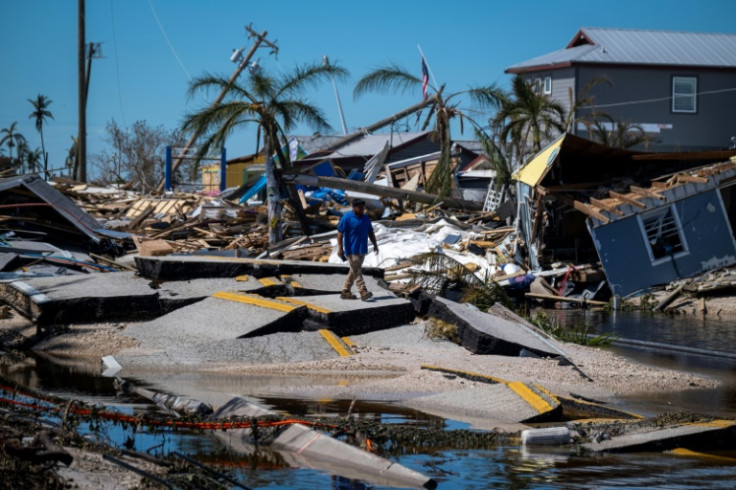
As extreme weather events and natural disasters become more frequent worldwide, households in at-risk areas are increasingly recognizing the importance of financial preparedness. While insurance is often viewed as the primary safeguard, experts emphasize that thorough preparation goes well beyond just having adequate coverage. It requires organizing essential documents, ensuring quick access to cash, and making strategic investments to lessen the financial burden of these emergencies.
But preparedness is one thing, says Lisa Berdie, director of policy and research at the Financial Health Network. It calls for "proactive action to mitigate further climate-related financial risks." She continues to say that catastrophic and smaller chronic stressors like extreme heat can be critical determinants of financial health for families. She advises preparing by weatherizing homes and eliminating potential hazards related to health-exacerbating climate events, which would include mold and poor air quality.
Gathering and Organizing Important Documents
FEMA and disaster preparedness organizations like the Red Cross suggest that people start by gathering a list of important documents. This includes personal documents like birth and marriage certificates, social security cards, military service records, and pet vaccination information. Households should also gather important financial documents, such as insurance policies, paystubs, tax statements, and bank account information, among others. Medical records, such as health insurance information, prescription details, and medical devices for people with disabilities, are also important.
In case of disaster assistance, these documents will be required to prove identity, verify income, and re-establish financial accounts if digital systems fail. Keeping a comprehensive list of emergency contacts is equally important, ensuring that you have ways to reach family members, employers, and other essential contacts when communication systems are down.
Take Action: Safeguard Your Future
After gathering all crucial documents, it's crucial to take the appropriate measures to protect and store them safely. FEMA recommends keeping paper copies of documents in a fire-resistant and waterproof safe or within a bank safety deposit box. For added security, store digital copies on an encrypted flash drive or external hard drive, also kept in a secure location. These documents should therefore be updated quite often, and particularly after an event such as a move, a wedding, or a birth. Another measure to improve financial readiness is cash. During disasters, ATMs might be out of order, and banks might be shut down for weeks. Having a cash reserve, placed with your other vital papers, enables you to pay for basic needs such as gas, food, and medicine in the first days following a disaster. It is advisable to save an appropriate amount depending on your family's needs.
Technology to Your Rescue
Nowadays, technology can be a great ally in disaster preparedness. Most financial institutions and utility companies offer apps for bill payments and account management. FEMA recommends downloading such apps to make it easier to access your accounts even if you are away from home. Likewise, direct deposit for paychecks and automatic benefits enrollment can remove the risk of lost or delayed paper checks in case of an emergency.
Preparation is not a one-time affair. It cannot be done and forgotten. Preparation involves updating documents at regular intervals. Indeed, such revisions are most in order when something significant happens, like the adoption of a new insurance plan or retirement. Every so often, review your documents to see that all items are current and reflect your circumstances.
Families can minimize the disorder and confusion that often arise during natural disasters by taking a proactive stance and organizing their financial matters ahead of time.







